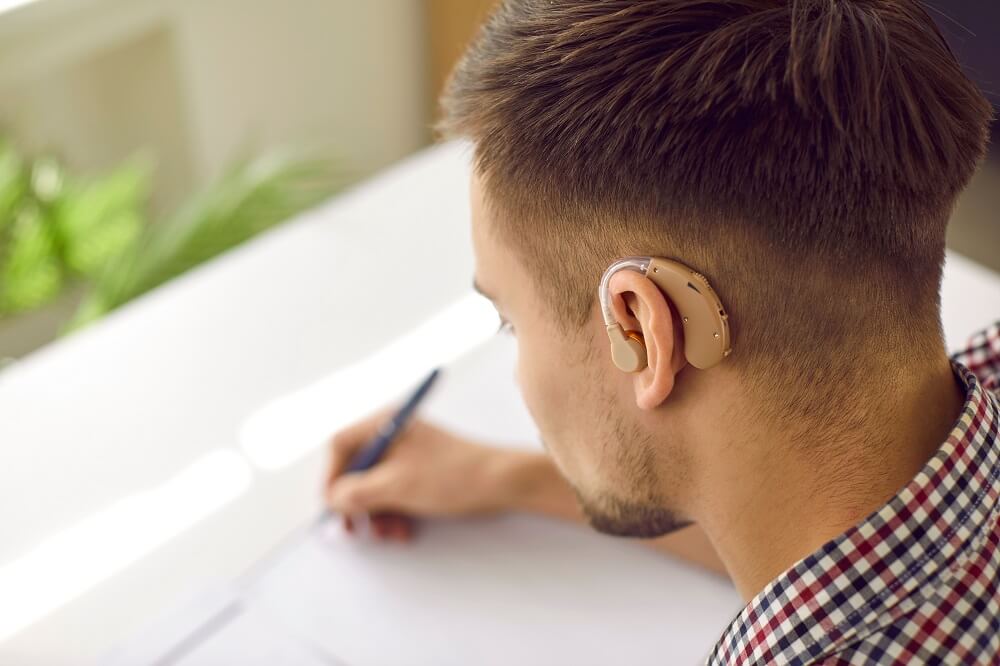Deaf Awareness Week 2025 will take place from the 5th to the 11th of May.
Approximately 11 million people in the UK are deaf or have hearing loss. Deafness and hearing loss can have a range of challenging implications, especially when it comes to communication. And communicating with others makes up much of what we do as individuals.
Overcoming these obstacles can involve hearing therapy, lipreading classes and learning sign language. Hearing loss can also sometimes lead to withdrawal from social situations, emotional distress or loneliness.
These challenges are no small feat - so we must all do our bit to support those who need it and learn more about how deafness can impact life. To celebrate Deaf Awareness Week this week, we’re shining a light on how you can support the deaf community.
What is Deaf Awareness Week?
Deaf Awareness Week 2024 will take place from the 6th to the 12th of May.
The UK Council on Deafness created Deaf Awareness Week to increase the visibility of challenges the deaf community face and educate others on how they can support them.
Being deaf brings unique challenges that not everyone will experience. Part of these challenges can be to do with mental health and exclusion from others. That’s why it’s up to everyone to come together to create a more inclusive society that values every individual.
How to support deaf peers
Educate yourself
Many people remain unaware of what life is like for a deaf person and the struggles they face. Familiarise yourself with educational materials and the different types and causes of deafness. Find out what adjustments you can make to reduce stress and improve wellbeing. They might be small shifts - but they can make a big difference to the deaf community.
Tips for speaking to someone who is deaf
There are several things you can do to improve communication with deaf people. Try the tips below:
- Don’t say it doesn’t matter
- Speak one at a time
- Don’t speak too slowly or quickly
- Smile and relax
- Keep your mouth on show
- Speak clearly without shouting
- Face towards the person while you’re speaking
- Repeat if you need to do so
Ask what helps
No two people are the same. Many deaf students have different communication approaches, and some may use combined methods like hearing aids and lipreading. Don’t let worries about saying the wrong thing or approaching the topic stop you from having the conversation altogether. Instead, simply ask how they communicate and what you can do to help. This way you’re respecting their needs and finding out what works.
An open conversation
It's important to let your deaf peers know that support is available should they need it - and whenever possible check in with them yourself. When communicating with a deaf person, it is important to maintain eye contact, use clear and concise language, and avoid speaking too quickly. It is also helpful to be patient and willing to repeat or rephrase information as needed. By having an open conversation and being mindful of the person’s communication preferences, you can help create a positive and supportive learning environment where all students can thrive.
HA | Wisdom Wellbeing can help you support deaf students
Our Student Assistance Programme provides 24/7, 365 emotional support. Students can access counselling to assist through any difficulties they might face as a result of their condition. We can also provide guidance on how to deal with any issues you may be facing. Get in touch with us today to learn more.




